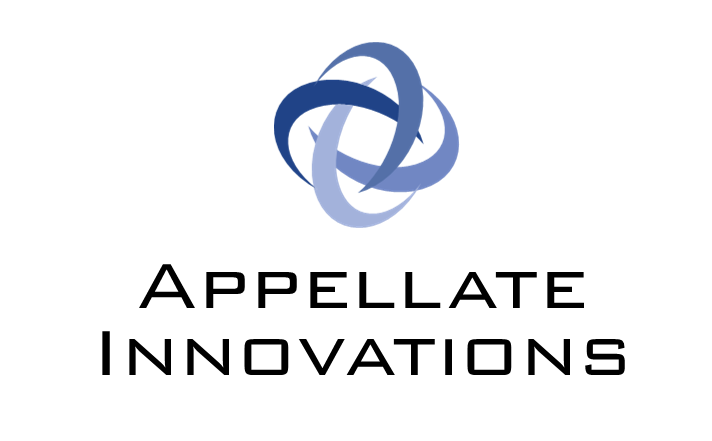15 Dec To Write More Persuasive Briefs, Use the Consistency Principle
Appellate Innovations is pleased to share this article by guest author, Lisa Solomon.
While there is an art to the best persuasive legal writing, many of the characteristics of persuasive legal writing are also firmly grounded in social scientific principles. Understanding those principles can help you write more persuasive briefs.
One of the core principles of persuasion identified by social scientist Dr. Robert Cialdini is the consistency principle. This principle states that people have a strong desire to be consistent with their previous opinions, assertions, and actions. The “foot in the door” strategy is one application of this principle.
Marketers employing the “foot in the door” strategy get the reader to take a small initial action (such as accepting a free sample or making a small purchase), then later seek a more significant action. Accepting a free sample can lead to making a small purchase; making a small purchase can lead to making a larger one.
Brief writers using this strategy get the reader to agree with an easily accepted, uncontroversial initial premise before presenting arguments favoring a more controversial, later premise. A skillful brief writer will set forth the current state of the law in a series of nearly indisputable premises before applying it, by analogy, to the facts at issue.
To learn more about all six of Cialdini’s principles of persuasion—including consistency, reciprocity, scarcity, authority, liking, and consensus—check out this engaging 12-minute YouTube video. For a more in-depth examination of the application of the consistency principle to legal writing, I highly recommend The Science of Persuasion: An Initial Exploration by Kathryn M. Stanchi.
 Lisa Solomon is the Founder and CEO of Now Counsel Network, a nationwide network of experienced freelance lawyers who provide project-based and temporary support to help solos and small law firms increase profits, decrease stress and get their lives back. NCN freelance lawyers handle all kinds of legal research and writing projects (including drafting pleadings, motions and appellate briefs), all aspects of discovery, depositions, court appearances and more. You can find out more about NCN at www.NowCounselNetwork.com.
Lisa Solomon is the Founder and CEO of Now Counsel Network, a nationwide network of experienced freelance lawyers who provide project-based and temporary support to help solos and small law firms increase profits, decrease stress and get their lives back. NCN freelance lawyers handle all kinds of legal research and writing projects (including drafting pleadings, motions and appellate briefs), all aspects of discovery, depositions, court appearances and more. You can find out more about NCN at www.NowCounselNetwork.com.






No Comments